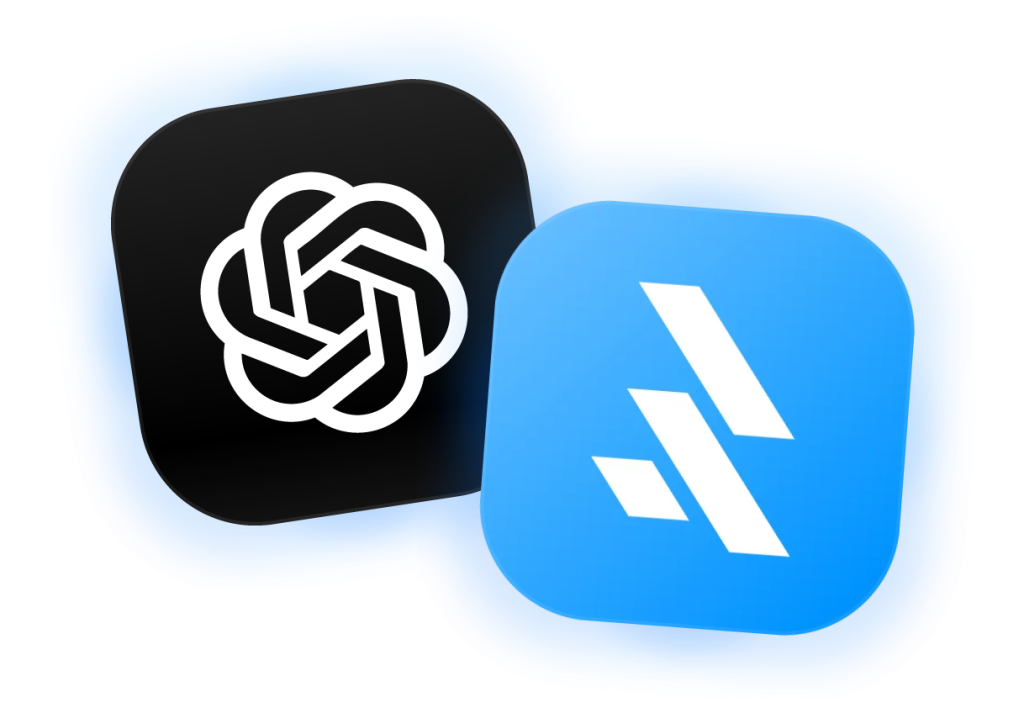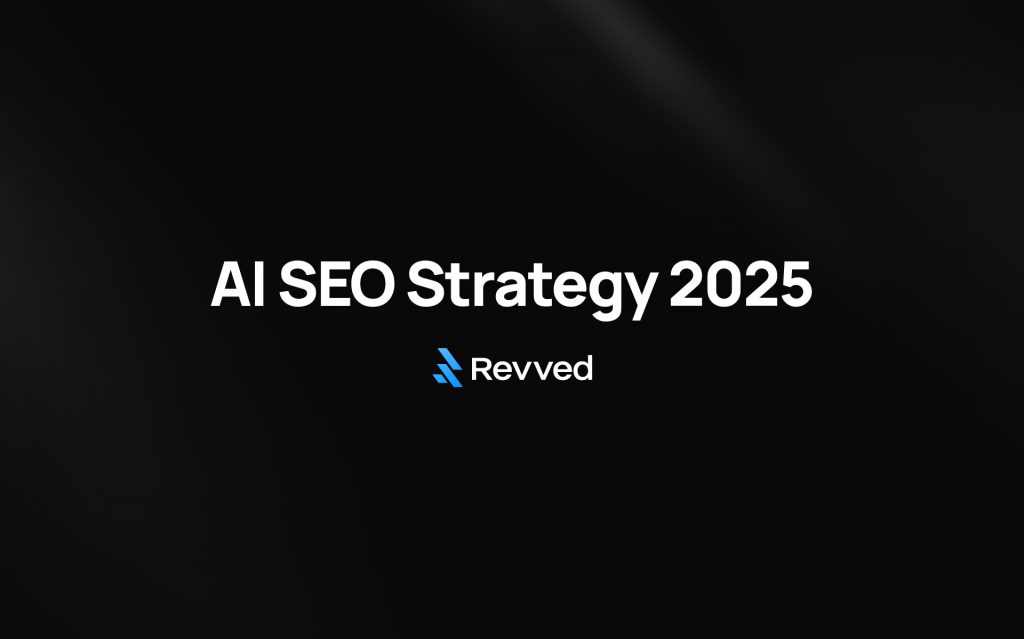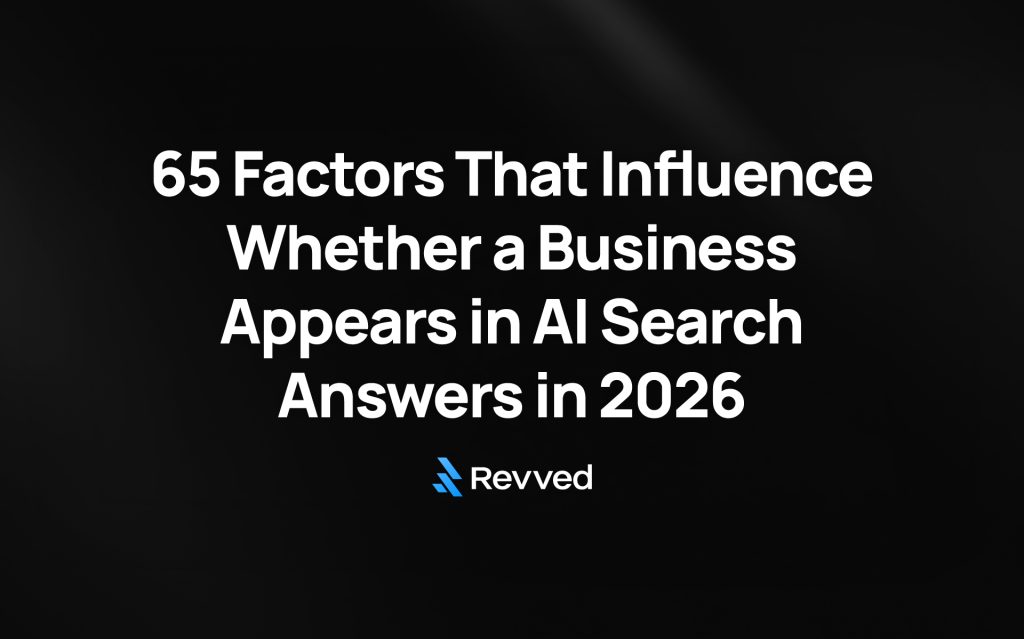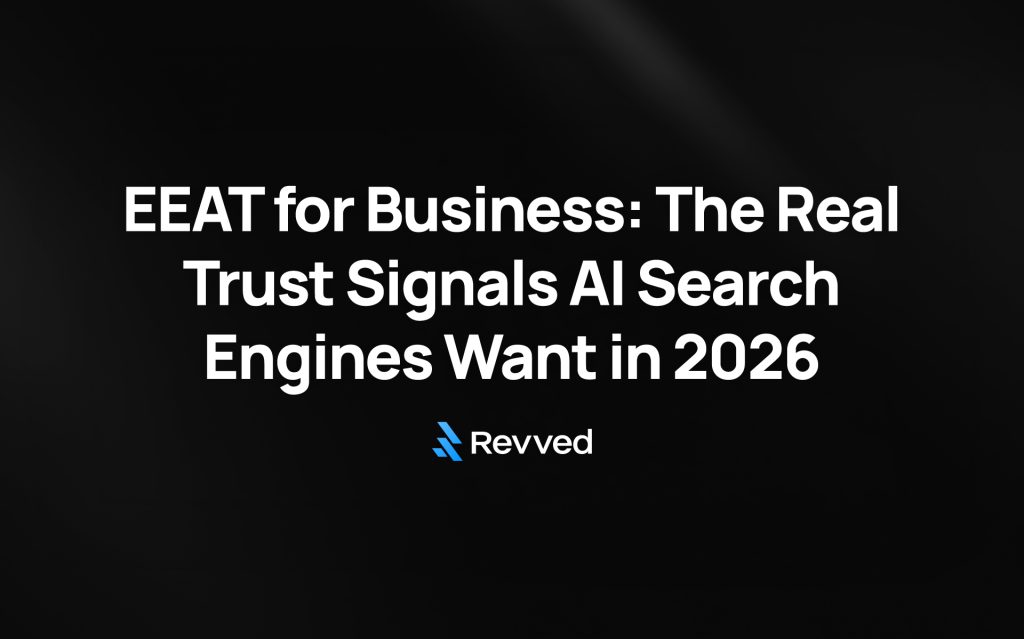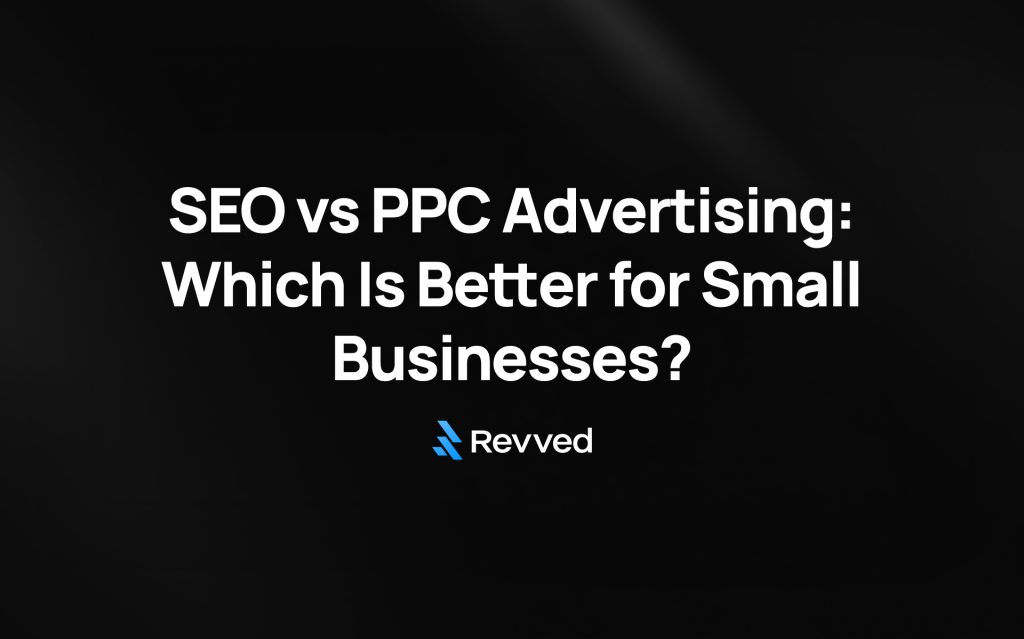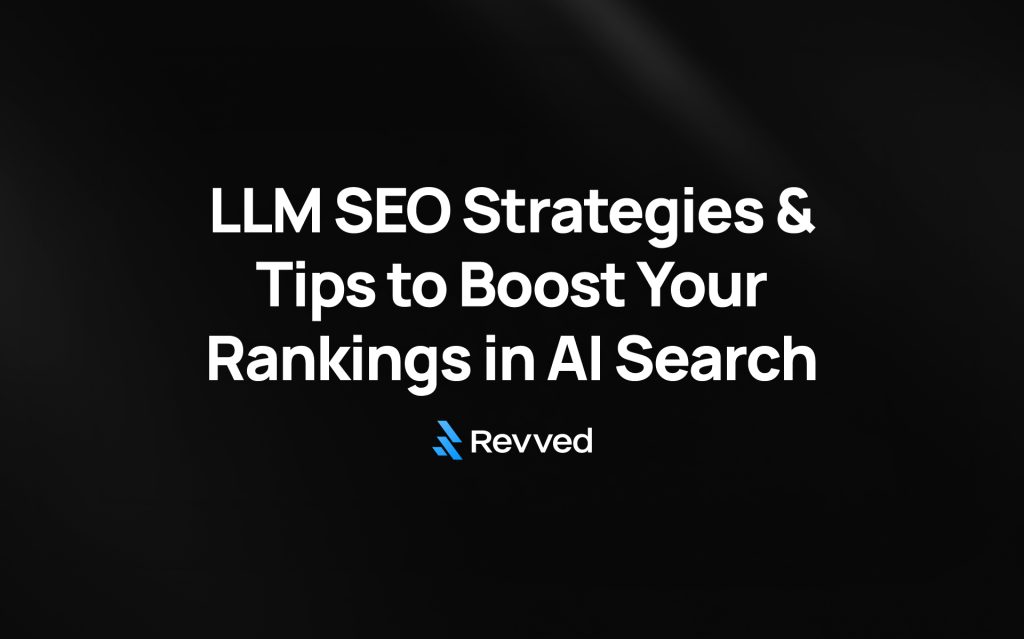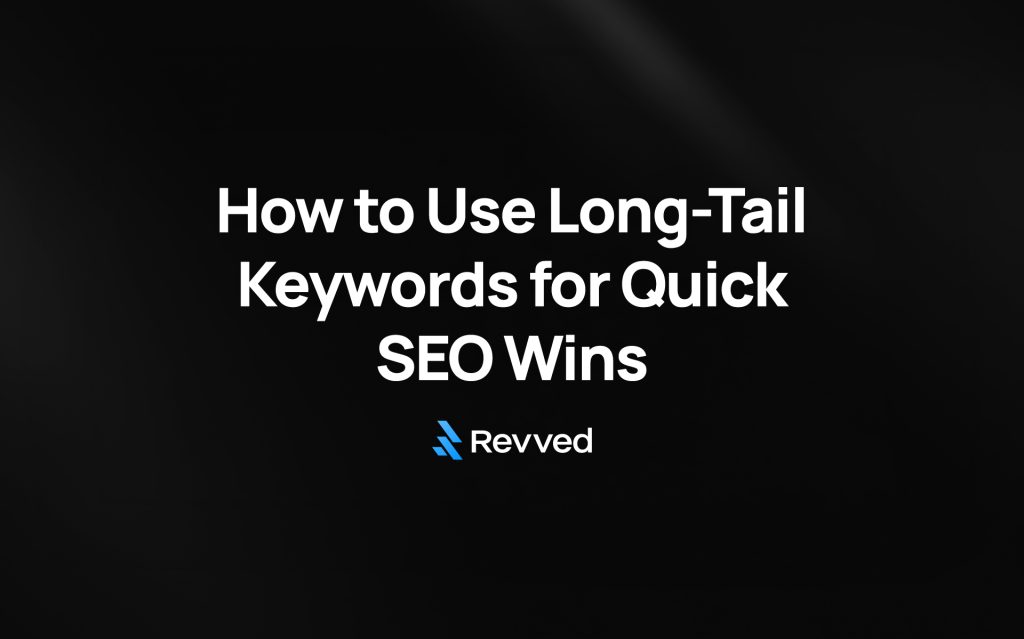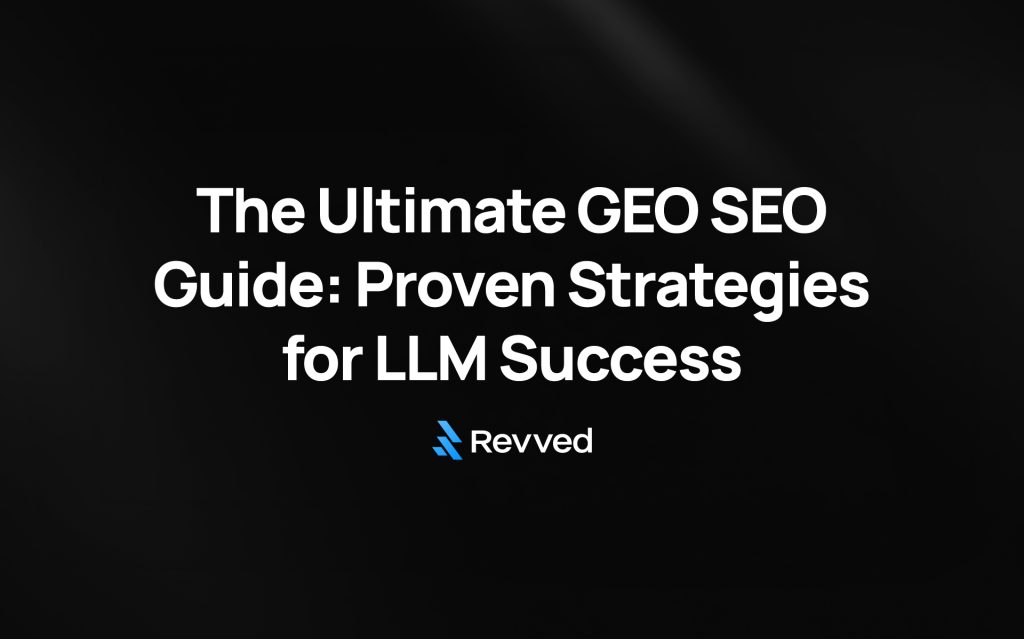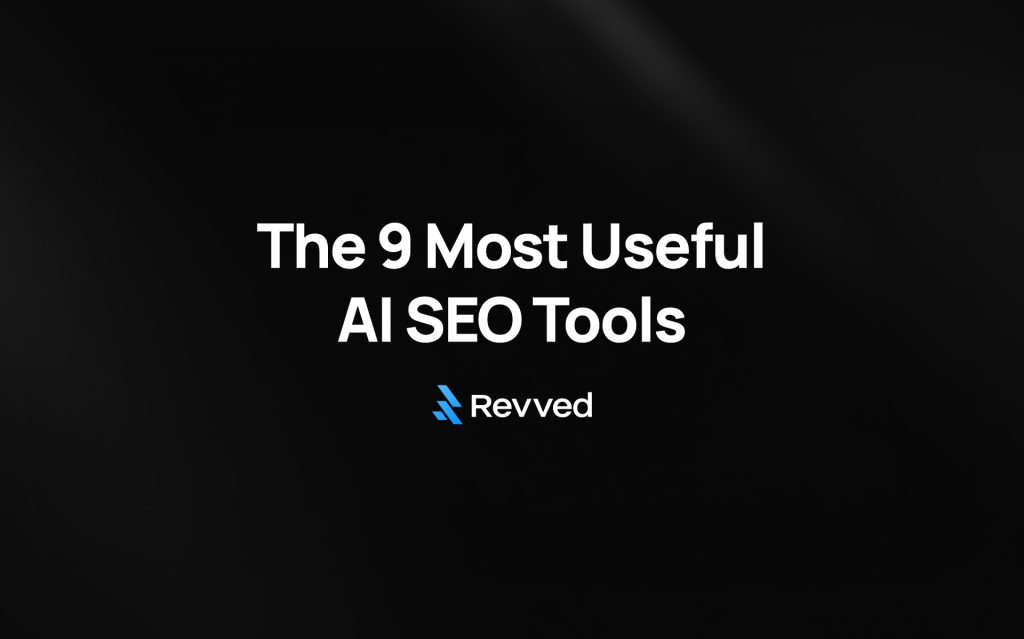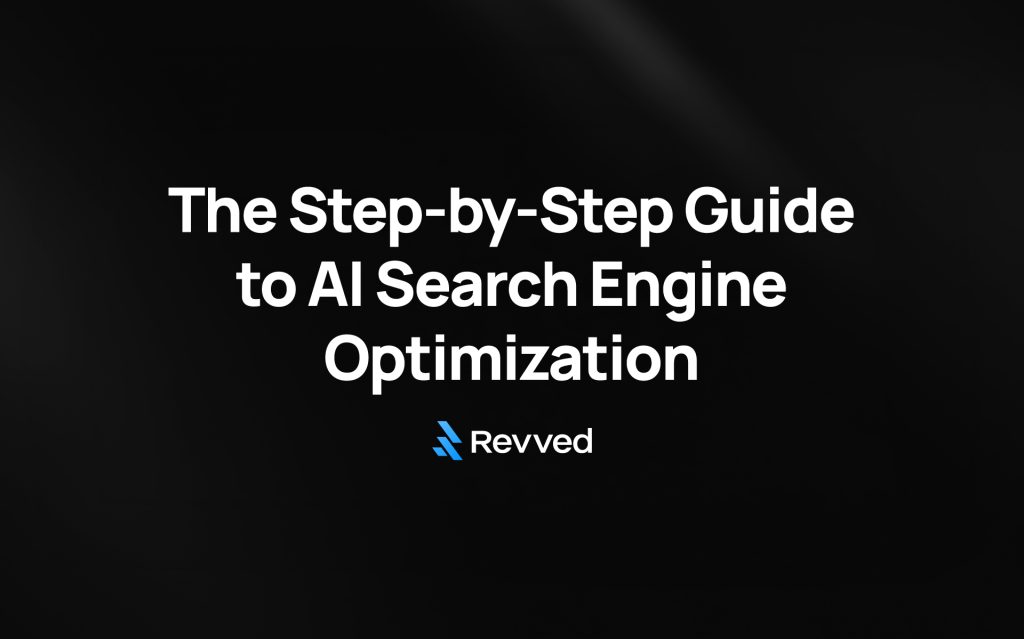Google processes 5.9 million searches every minute, which adds up to 3 trillion searches each year. Your ai seo strategy must move faster as AI revolutionizes search result delivery. AI Overviews have reduced website clicks by over 30%, despite increased visibility. Americans have started using ChatGPT as their main search engine, with 8% already making the switch. The digital world changes faster than most businesses can keep up.
Staying competitive requires a solid grasp of AI-related SEO terminology. Google utilizes over 200 ranking factors and implements thousands of algorithm updates yearly. Websites using AI-generated content grow 5% faster compared to those relying solely on human writers. AI SEO optimization uses machine learning that identifies patterns in user behavior. The system automatically handles keyword research and content optimization tasks. SEO trends indicate AI features will appear more frequently in search queries. The core team needs to understand these concepts that will shape search in 2025 and beyond.
What is AI SEO and Why It Matters in 2025
AI SEO has changed how websites become visible in search results. This technology uses machine learning, natural language processing (NLP), and large language models (LLMs) to streamline and automate important optimization elements.
Definition of AI SEO and its rise
AI SEO combines artificial intelligence with traditional search engine optimization practices to create a predictive approach to online visibility. The original search engine optimization relied on reactive strategies—studying algorithms, making changes, and waiting for results. Now, AI SEO uses predictive analysis and up-to-the-minute data processing that adapts to search engine updates and user behavior changes.
SEO has gone through several distinct phases. Before AI came along, SEO professionals relied heavily on keyword matching and link building. The digital world transformed when search engines added sophisticated AI systems at their core. These changes reshape the scene way beyond simple algorithm updates.
Why traditional SEO is no longer enough
Search algorithms have grown much more complex. Google now uses over 200 ranking factors and makes thousands of algorithm adjustments every year. AI-driven interfaces like Google’s AI Overviews and ChatGPT web browsing are changing how people find content.
Old SEO tactics that focused on keyword stuffing and rigid backlink strategies don’t work anymore:
- Intent over keywords: AI algorithms understand query meaning instead of matching text
- Semantic understanding: Technologies like RankBrain and BERT use machine learning to grasp search intent better
- Entity-based optimization: The focus has moved to connecting concepts and understanding relationships between topics
- Personalized results: AI shows more relevant search results based on user behavior
Search engines have grown from matching keywords to understanding user intent and context. By 2025, about 51% of marketers use AI tools to improve their content for search engine optimization. This lets teams focus on strategy and creative work.
The role of machine learning in modern SEO
Machine learning forms the foundation of today’s search ranking systems. Modern algorithms predict relevance through complex models rather than just matching keywords. Google uses various techniques, including Vector Space Models that turn content and queries into points in space and measure relevance by how close they are.
These AI technologies now power search:
RankBrain (introduced in 2015) – This machine-learning system helps Google understand new queries by connecting them to similar known ones. It affects all Google searches and adjusts results based on how users interact.
BERT (2019) – Bidirectional Encoder Representations from Transformers processes natural language by understanding word meaning from context. It spots subtle language nuances that older algorithms missed.
MUM (2021) – Multitask Unified Model works 1,000 times better than BERT. It processes information across 75 languages and multiple content formats at once.
AI systems spot subtle changes in search engine behavior within hours instead of days or weeks. This enables proactive optimization. They analyze millions of data points quickly and find patterns that manual analysis would miss.
Businesses need to understand these advanced systems to develop an effective AI SEO strategy. Search algorithms keep prioritizing content relevance, user engagement metrics, and semantic understanding, so AI SEO optimization must adapt.

Enter your website below to start your proposal request!
How AI is Reshaping Search Algorithms
Search algorithms have seen dramatic progress as AI becomes deeply embedded in how they work. The biggest search engines now use advanced AI systems that change how websites get found, reviewed, and ranked.
Google’s Gemini and AI Overviews
Google’s Gemini marks a breakthrough in search technology that brings together the best parts of earlier AI systems. This multimodal AI model processes text, images, audio, and video all at once. The search engine now understands content much like humans do.
Gemini has taken over from Google’s Bard and performs substantially better than models like ChatGPT. Users can now search through different methods beyond just typing text. Voice search and Google Lens will soon become just as common as regular searches.
AI Overviews, which Gemini powers, ranks among Google’s most successful features in the last ten years. These AI summaries boost search usage by over 10% when they show up in major markets like the U.S. and India. The feature now works in over 100 countries and many languages, combining information from multiple sources to create detailed summaries.
RankBrain and BERT in semantic understanding
RankBrain and BERT transformed how search engines interpret queries before Gemini arrived.
Google launched RankBrain, its first deep learning system for Search, in 2015. The system connects words and concepts, especially for new searches—which make up 15% of daily queries. RankBrain looks at user behavior like click-through rates, bounce rates, and time spent on pages to figure out what’s relevant.
BERT’s arrival in 2019 changed how machines understand natural language. Unlike older algorithms that read words one after another, BERT looks at how words relate to each other in a sentence. This approach helps Google:
- Make sense of casual questions
- Keep the meaning of small words that change what users want
- Handle longer, complex searches
BERT now affects almost every English search query and excels at finding and ranking results. These technologies work together to understand what searches mean rather than just matching keywords.
Query fan-out and real-time ranking models
The “query fan-out” technique stands out as a game-changer in modern search algorithms. Google’s AI doesn’t just look for exact matches anymore. Your complex question gets split into smaller parts, and the system searches for information about each piece.
A search about eco-friendly marketing strategies for small e-commerce businesses might break down into:
- Marketing sustainability
- Best e-commerce channels
- Small business budget limits
- Customer growth through eco-friendly practices
Search engines now give better answers than simple keyword matching ever could. Modern AI, faster models, and better hardware make this complex analysis happen in seconds.
Query fan-out has changed search engines into “answer engines”. Your AI SEO strategy needs to focus on providing detailed, authoritative content that covers many aspects of complex questions, not just individual keywords.
The future of SEO will reward content that shows expertise across related topics instead of focusing on single keywords. Successful AI and SEO strategies must focus on how topics connect, recognize entities, and build authority to stay visible in this new digital world.
8 Essential AI SEO Terms Every Expert Should Know
AI terminology knowledge has become essential for anyone building an effective search strategy in 2025. These eight crucial concepts will guide you through this fast-changing world where algorithms make autonomous decisions.
1. AI Overview (AIO)
AI Overviews (AIOs) are AI-generated summaries that show up at the top of Google’s search results. They provide detailed answers from multiple sources. Google first tested AIOs in May 2023, and now they appear in about 10.4% of U.S. desktop searches as of March 2025. These summaries usually appear for longer, informational queries and have spread beyond the U.S. to six other countries. AIOs use “query fan-out” techniques to create detailed responses by running multiple related searches across subtopics and data sources.
2. Generative Engine Optimization (GEO)
Generative Engine Optimization (GEO) helps optimize content for AI-driven search platforms instead of traditional search engines. Unlike standard SEO that focuses on page rankings, GEO will give your content priority as the answer AI engines choose to generate. This method needs content that AI models can easily process, prioritize, and use in their responses. GEO’s importance grows as Gartner predicts traditional search volume will drop by 25% by 2026.
3. Semantic Search
Semantic search shows search engines’ ability to grasp context and meaning behind queries rather than just matching keywords. This method interprets user intent, looks at word relationships, and spots conceptual connections. Search engines can now identify related concepts through neural matching, even when users phrase things differently than content creators. Search engines can deliver more accurate results that match what users need.
4. RankBrain
Google introduced RankBrain, its first machine learning system for search, in 2015. The system handles about 15% of new searches that Google hasn’t seen before. RankBrain watches how users interact with search results. It tracks metrics like click-through rates, time spent on page, and bounce rates to adjust rankings. The system proved its worth by outperforming Google’s engineers by 10% when picking the best pages for specific searches.
5. Natural Language Processing (NLP)
Natural Language Processing lets search engines analyze and understand human language. NLP uses techniques like tokenization (breaking text into smaller units), stemming (finding root words), and part-of-speech tagging to help search engines understand context and meaning. Google’s BERT models changed search by understanding true query intent beyond keyword matching. This technology helps search engines spot entities, sentiment, and connections between concepts.
6. Predictive SEO
Predictive SEO combines data analytics and machine learning to forecast trends, user behavior, and algorithm changes before they affect rankings. The system analyzes past performance data to find factors that influence search rankings and predict future changes. Marketers can create content for trending topics early, predict seasonal traffic patterns, and prepare for upcoming algorithm updates.
7. Zero-Click Searches
Zero-click searches happen when users find answers directly on the search results page without visiting websites. Research shows 25.6% of desktop searches and 17.3% of mobile searches end without clicks. These results boost brand visibility and authority despite potential traffic loss. Zero-click results include featured snippets, knowledge panels, AI Overviews, and People Also Ask boxes.
8. Entity Recognition & Linking
Entity recognition spots specific people, places, organizations, or concepts in content and helps search engines understand their relationships. Modern search engines use entities to interpret context, clarify terms, and return relevant results. Entity linking strengthens connections between related concepts and builds a semantic web of information. Users get more accurate results even for complex or unclear queries.
How AI Tools Are Changing SEO Workflows
AI has reshaped modern SEO workflows by taking over tasks that teams once handled manually. SEO professionals can now concentrate on strategy while AI manages repetitive work.
AI-powered content creation and optimization
AI content tools have given SEO teams a fresh approach to content development. These tools do more than generate text – they analyze successful content and spot areas that need improvement. MarketMuse and Surfer SEO look at top-ranking pages to suggest topics. Content creators can then build detailed pieces that showcase expertise in related concepts.
Advanced AI writers can now:
- Generate optimized content briefs based on competitive analysis
- Identify content gaps compared to top-ranking competitors
- Suggest improvements for existing content to increase topical relevance
- Create metadata tailored to search intent
A marketing manager’s team saw their content jump from page 3 to page 1 after implementing AI-generated optimization suggestions. SEO professionals can focus on creative strategy instead of mechanical tasks.
Automated keyword clustering and topic modeling
Automated keyword clustering stands out as one of AI and machine learning’s most valuable SEO applications. This groups related keywords by search intent and semantic relationships that lead to better content planning.
Keyword clustering used to need extensive manual research to spot patterns. AI algorithms now analyze massive datasets and find keyword relationships at incredible speeds. Teams save time and get better results since AI uses consistent criteria for keyword evaluation.
Topic modeling, a vital part of future SEO trends, uses machine learning to process thousands of content pieces and find related topics. This knowledge helps create content with maximum search visibility.
A German Shepherd content analysis through topic modeling would show which related topics appear most on high-ranking pages. MarketMuse creates heat maps of competitor topic coverage that reveal ways to boost your content’s authority.
Technical SEO automation with AI
AI SEO optimization tools have made technical SEO more efficient by finding and fixing site issues automatically. OTTO SEO and Alli AI spot technical problems that affect organic visibility and fix them without human input.
These platforms handle massive optimizations – one user made 17 million code changes within minutes. SEO teams can tackle strategic priorities while these tools handle code-level improvements.
Key benefits of technical AI automation include:
- Immediate detection and notification of site errors
- Automated implementation of schema markup
- Code-level fixes that overcome CMS limitations
- Ongoing monitoring of site health with real-time alerts
Businesses that exploit AI automation will pull ahead of those using traditional methods. This makes AI adoption essential to stay competitive in the SEO landscape.
Using AI SEO Tools for Competitive Advantage
AI-powered SEO tools give you a substantial edge in today’s competitive digital world. These sophisticated platforms analyze complex data in seconds and provide applicable information that manual processes cannot match.
Frase, Surfer SEO, and SEMrush AI Suite
Frase helps you create content that ranks high in search results. The platform analyzes top results and identifies vital topics to include. You get instant competitor content analysis through an easy-to-use research panel that visualizes key SERP metrics and creates optimized content briefs in just six seconds. The platform assesses your content immediately and highlights missing elements based on competitor data and AI-engine priorities.
Surfer SEO spots content gaps and optimizes your pages around entities and topics that matter to Google and AI assistants like ChatGPT. The AI processes over 300,000 words across the internet to generate articles. It analyzes about 100,000 words just to create your custom outline. Research shows Surfer’s Content Score has a 26% correlation with Google rankings. This is substantially higher than the 0.17 correlation that backlinks typically show.
SEMrush’s AI SEO Toolkit measures your brand’s presence in AI-generated answers and provides visibility beyond traditional search. The platform processes millions of AI conversations to show how audiences perceive your brand versus competitors. Users pay $99 monthly per domain for this toolkit, which includes 300 queries each day for visibility overview.
Real-time SERP analysis and content scoring
AI-powered SERP analysis gets into search results deeply and goes beyond simple metrics to understand ranking factors. These tools examine titles, meta descriptions, and content length while identifying semantic keywords that boost relevance.
Content scoring systems compare your pages with successful competitors and offer specific recommendations. Surfer’s scoring system analyzes over 500 ranking signals from top-performing pages. Tools like Clearscope and Frase optimize meta titles and descriptions to improve click-through rates.
AI-driven backlink and internal link strategies
AI streamlines link building through automated prospecting and prioritization. Tools like Ahrefs, SEMrush, and Moz find their strongest link sources automatically—a strategy 82% of SEO professionals use. AI tools like Respona and Pitchbox score prospects to identify websites more likely to link back.
Internal linking strengthens site structure and becomes easier with AI automation. Link Whisper and Screaming Frog analyze existing link structures. Wordlift and Rank Math insert relevant internal links across multiple pages automatically. This optimization improves user experience and page rankings by distributing link equity throughout your site.
Challenges and Ethical Considerations in AI SEO
AI’s rise in search optimization brings powerful capabilities yet creates major hurdles that SEO professionals must handle with care.
Over-reliance on automation and content quality
Too much reliance on AI for content creation poses substantial risks, despite its impressive capabilities. Content might look excellent on the surface with topic relevance and good formatting when businesses automate without proper editorial oversight. The content often lacks unique insights or editorial finesse. AI tools create what amounts to “reworded plagiarism” because they generate content based on existing publications. Search engines value original human views, so this approach damages SEO rankings.
Teams can lose their strategic thinking abilities with too much dependence on AI tools. Websites risk getting penalized by search engines for publishing duplicate content without human creativity and judgment. Google’s updated quality rater guidelines now tell evaluators to give the lowest rating to pages that use AI-generated content with minimal human-added value.
AI hallucinations and misinformation risks
AI hallucinations pose the most serious ethical challenge. These instances occur when AI confidently produces false information – about 3% of interactions and up to 27% of cases. AI makes up plausible-sounding but completely fabricated information when it lacks sufficient data on a topic.
The risks go beyond simple inaccuracies:
- Brand reputation damage when publishing incorrect information
- Legal exposure in regulated industries
- Erosion of trust when users discover misinformation
- Potential compliance issues depending on content subject
AI systems write everything with complete conviction, which makes this problem worse. They often cite non-existent studies and research.
Transparency and explainability in AI decisions
Many AI tools create a “black box” problem. Businesses find it hard to assess whether they use the technology ethically without understanding how AI makes decisions. This lack of clarity becomes problematic when marketers blindly follow AI-powered SEO tool recommendations.
Clear explanations of AI-driven SEO decisions matter more as lawmakers see transparency as key to building trust in AI systems. Human oversight remains crucial for businesses implementing an ai seo strategy. AI should handle repetitive tasks while humans focus on creative and ethical decisions that need careful judgment.
Conclusion
Search technology evolves faster, and businesses must keep up with AI-driven changes to maintain online visibility. AI influences how algorithms understand queries and display results for users. This transformation goes way beyond simple updates and revolutionizes the definition of SEO success.
Eight key terms create the foundations for navigating this new digital world. You can adapt your strategy better by learning about AI Overviews, Generative Engine Optimization, and Entity Recognition. These concepts might seem overwhelming at first, but they make your approach simpler when you apply them correctly.
AI tools give you tremendous advantages. Automated keyword clustering, technical SEO fixes, and content optimization save hours while delivering better results. The most successful strategies combine AI’s efficiency with human creativity and oversight. Businesses that rely blindly on automation risk creating generic content that fails to connect with users or produces AI hallucinations that harm credibility.
Search professionals who make use of AI as a tool rather than a complete replacement for human judgment will thrive. Your best strategy combines AI’s analytical power with your market’s unique insights and creative thinking. This balanced approach helps you avoid misinformation while maximizing AI’s efficiency.
The AI SEO landscape changes at breakneck speed. Businesses that adapt quickly and thoughtfully gain major advantages over competitors who stick to outdated methods. These changes present opportunities to build your market’s authority through smarter, more efficient optimization strategies.


